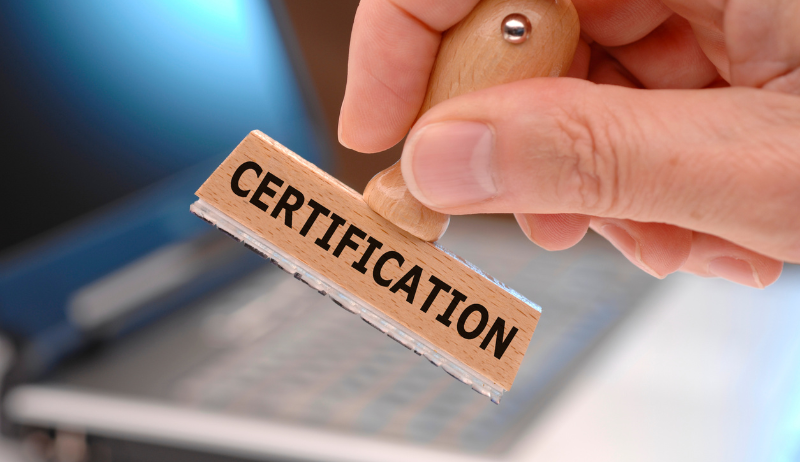Mastering Seafood Imports: Indonesian Tuna and Lobster Certification Guide
December 27, 2024

Mastering Seafood Imports: Indonesian Tuna and Lobster Certification Guide
In recent years, Indonesia has emerged as a major player in the global seafood market, particularly in the tuna and lobster sectors. For importers and industry professionals navigating the complex world of seafood certification, understanding Indonesia regulatory framework is crucial for successful business operations.
Understanding Indonesian Seafood Export Standards
Indonesia commitment to sustainable fishing practices and food safety has led to the implementation of rigorous certification requirements. These standards ensure that exported seafood products meet international quality benchmarks while promoting environmental conservation.
Key Certification Requirements for Tuna Exports
1. Health Certificate (HC)
The Health Certificate, issued by Indonesia Fish Quarantine and Inspection Agency (BKIPM), verifies that:
- The tuna meets food safety standards
- Products are free from harmful contaminants
- Processing facilities maintain proper hygiene standards
2. Catch Certificate
This document confirms:
- Legal origin of the catch
- Compliance with international fishing regulations
- Traceability from catch to export
3. HACCP Certification
Hazard Analysis Critical Control Point certification ensures:
- Systematic preventive approach to food safety
- Implementation of proper handling procedures
- Regular monitoring of critical control points
Lobster Export Requirements
Size and Species Restrictions
- Minimum carapace length requirements
- Specific species allowances
- Seasonal fishing restrictions
Documentation Requirements
- Origin Certificate
- Live Transport Permit
- Species Verification Document
Sustainable Fishing Practices and Certification
MSC Certification
The Marine Stewardship Council certification is increasingly important for:
- Market access in developed countries
- Premium pricing opportunities
- Environmental sustainability verification
Fair Trade Certification
This certification ensures:
- Fair compensation for local fishermen
- Sustainable fishing practices
- Community development support
Technology in Certification Verification
Digital Transformation Benefits
- Reduced paperwork
- Faster verification processes
- Enhanced transparency
- Improved fraud prevention
Common Challenges and Solutions
Documentation Challenges
- Language barriers
- Multiple agency requirements
- Varying international standards
Compliance Solutions
- Working with local certification experts
- Implementing digital tracking systems
- Regular staff training on requirements
- Building relationships with Indonesian authorities
Best Practices for Importers
Pre-Import Preparation
- Verify supplier certifications
- Review current regulations
- Prepare required documentation
- Establish quality control measures
Quality Assurance
- Regular supplier audits
- Product testing protocols
- Documentation review systems
- Transportation monitoring
Cost Considerations
Certification Expenses
- Application fees
- Inspection costs
- Documentation charges
- Compliance maintenance
Return on Investment
- Market access benefits
- Premium pricing opportunities
- Reduced rejection risks
- Enhanced brand reputation
Working with Indonesian Authorities
Key Government Agencies
- Ministry of Marine Affairs and Fisheries
- Fish Quarantine and Inspection Agency
- Trade Ministry
- Food and Drug Monitoring Agency
Additional Resources
Government Contacts
- BKIPM website
- Ministry of Marine Affairs portal
- Trade Ministry information center
Industry Organizations
- Indonesia Tuna Association
- Sustainable Fisheries Partnership
- Marine Stewardship Council
- International Seafood Sustainability Foundation
Conclusion
Success in importing Indonesian tuna and lobster requires a thorough understanding of certification requirements and commitment to compliance. By following proper procedures and staying updated on regulatory changes, importers can build sustainable, profitable operations while contributing to responsible fishing practices.
Remember that regulations can change, and it is essential to verify current requirements with relevant authorities before proceeding with imports.

 English
English Chinese
Chinese